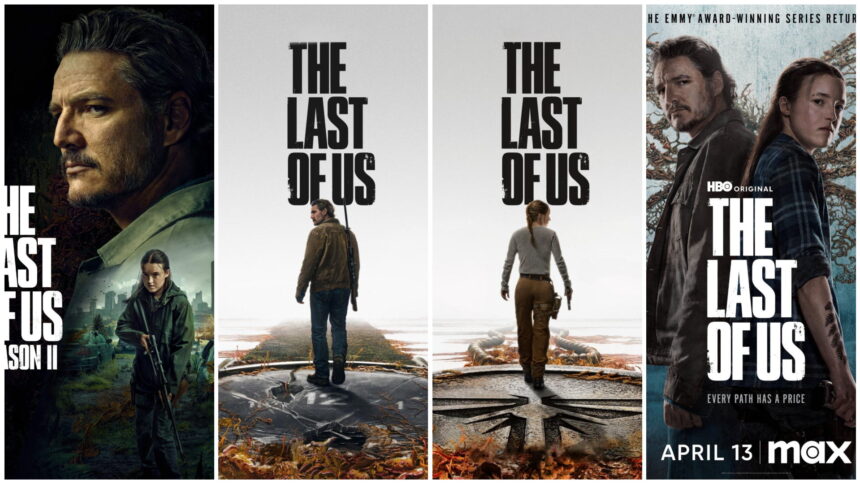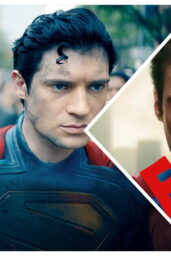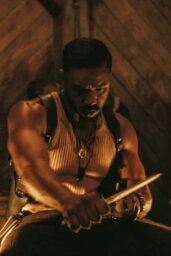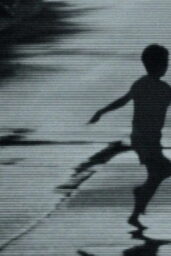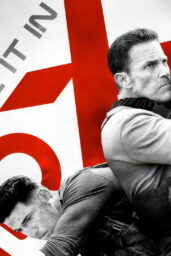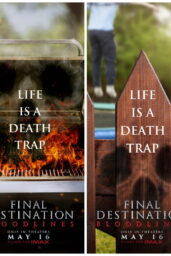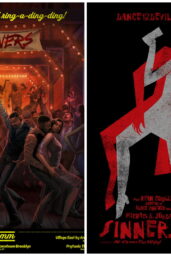HBO's Gamble: Can Less Really Be More?
Let's get one thing straight—no one was asking for The Last of Us Season 2 to be shorter. After the first season delivered cinematic-length episodes packed with gut-wrenching storytelling, fans were ready for another slow burn. Instead, HBO has trimmed the new season down to just 379 minutes—nearly two and a half hours shorter than its predecessor.
Cue the internet panic.
But here's the thing: shorter episodes don't always mean a lesser experience. In fact, HBO might have just made one of its smartest creative choices yet.
The Tightrope Act of Adaptation
Video game adaptations have a balancing act tougher than a late-game boss fight. Lean too heavily into the game's structure, and the show risks feeling like a disconnected highlight reel (looking at you, “Halo”). Stray too far, and hardcore fans start sharpening their pitchforks.
Neil Druckmann and Craig Mazin, the masterminds behind the series, know this better than anyone. That's why they've taken a bold step in Season 2—introducing Abby (played by Kaitlyn Dever) right out of the gate.
In The Last of Us Part II, Abby's storyline unfolds halfway through, forcing players to reckon with their shifting loyalties. But waiting until Season 3 for that perspective shift? Mazin and Druckmann weren't willing to take that gamble.
As Druckmann puts it:
“Had we retained the game's non-linear structure, Abby's motivations wouldn't factor into this season at all.”
Instead of stretching the narrative across bloated runtimes, the creators are doubling down on precision. Every minute now counts.
The Cinematic Paradox: Shorter, Yet More Impactful?
If there's one thing HBO has mastered, it's the art of pacing. Just look at Succession—a show where every 45-minute episode felt like a feature film in its own right.
The trimmed-down episode lengths mean no filler. No wasted moments. And if early reports are anything to go by, Season 2's sixth episode—its longest at 60 minutes—is shaping up to be one of the most emotional hours of TV this year.
And let's be honest: after that Season 1 episode (RIP Bill and Frank), we're not emotionally prepared.
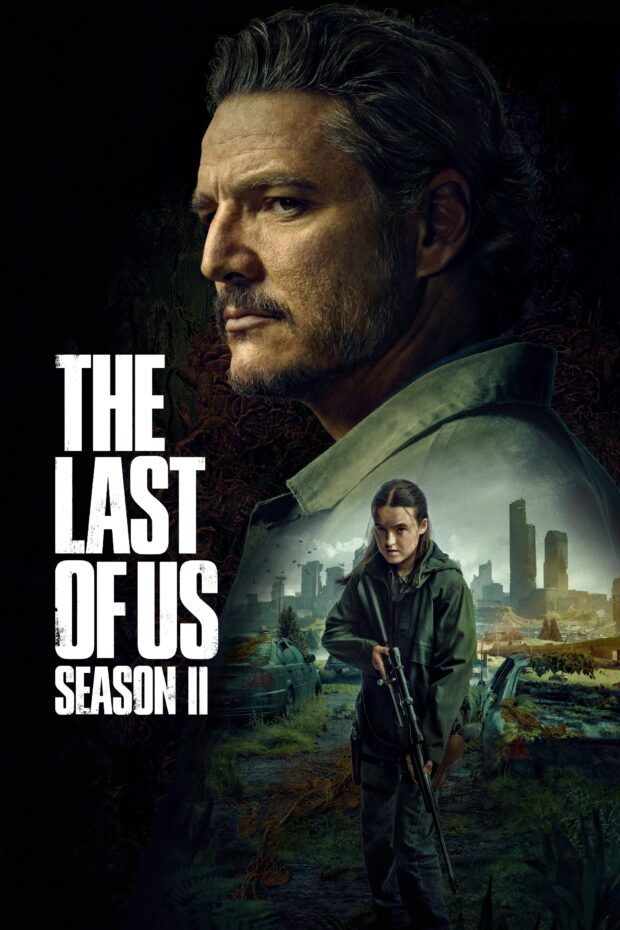
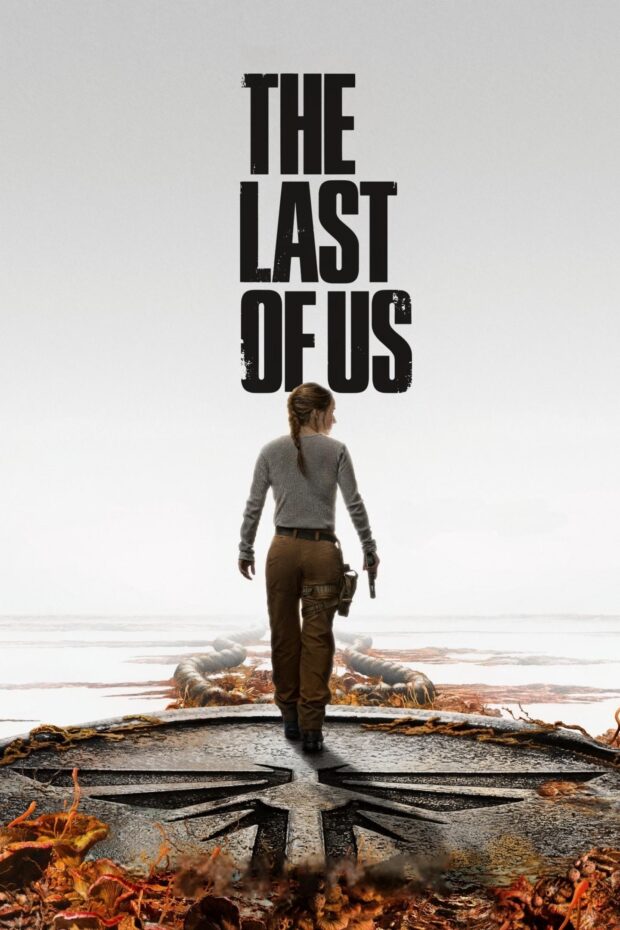
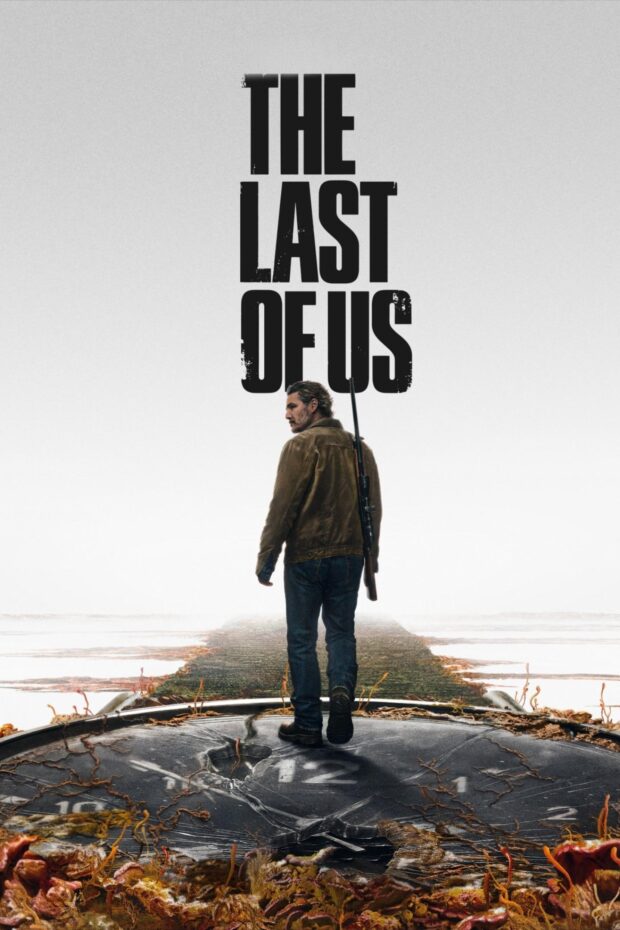
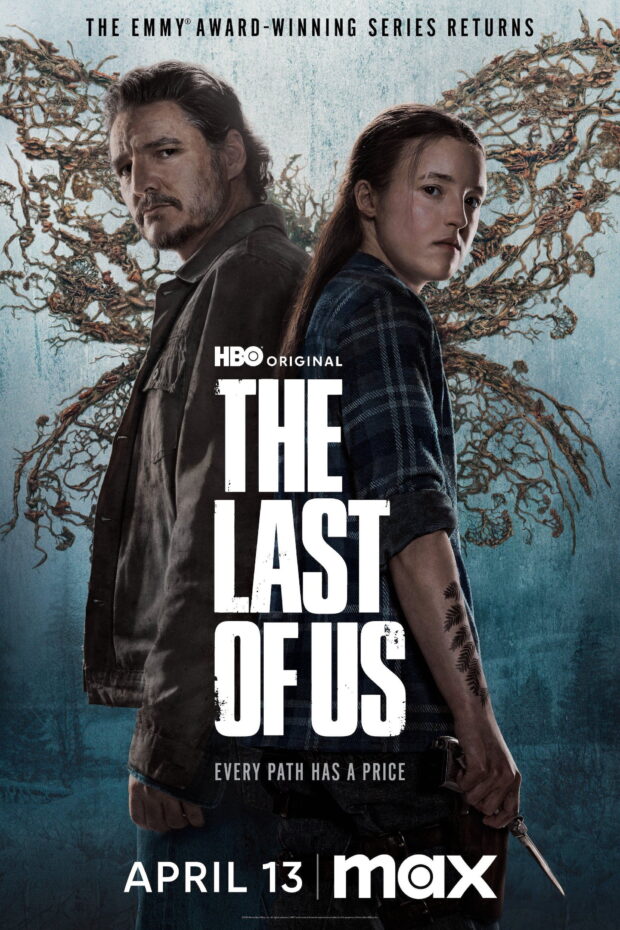
A New Visual Approach—And Why It Matters
Another fascinating tweak? The show's cinematography is shifting. According to Mazin, while some sequences remain true to the game, lead director of photography Ksenia Sereda is steering the show toward a more naturalistic feel:
“If we did this in reality, it would look horrible. She finds things that evoke the feeling you had in the game without necessarily copying.”
This signals a shift away from mere fan service and into a territory that prioritizes emotional impact over frame-by-frame accuracy.
So, Will It Work?
There's no denying it—some fans will still wish for longer episodes. But what HBO is doing with The Last of Us Season 2 isn't about giving more—it's about making every moment matter.
And if the first season taught us anything, it's that The Last of Us isn't just about the runtime. It's about the story that lingers long after the credits roll.
Your thoughts? Does shorter mean better, or do you wish for those super-sized episodes? Drop your take in the comments below.

